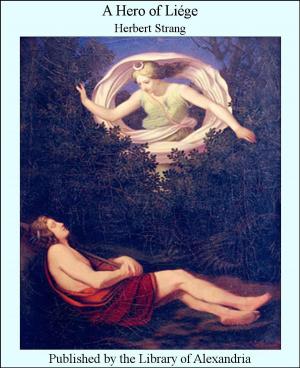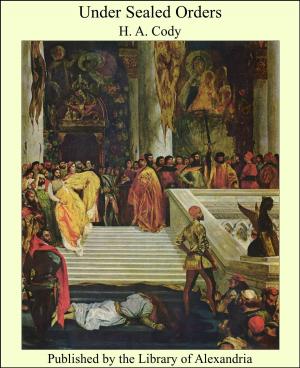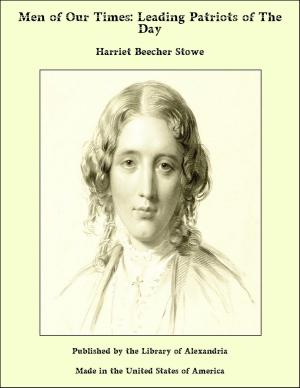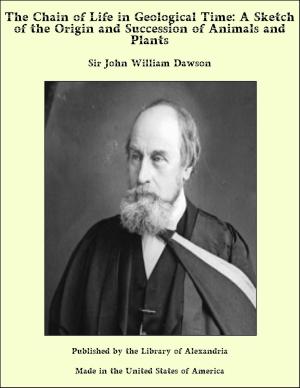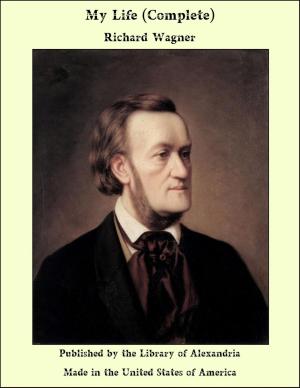Babylonians and Assyrians, Life and Customs
Nonfiction, Religion & Spirituality, New Age, History, Fiction & Literature| Author: | Archibald Henry Sayce | ISBN: | 9781465550415 |
| Publisher: | Library of Alexandria | Publication: | March 8, 2015 |
| Imprint: | Language: | English |
| Author: | Archibald Henry Sayce |
| ISBN: | 9781465550415 |
| Publisher: | Library of Alexandria |
| Publication: | March 8, 2015 |
| Imprint: | |
| Language: | English |
Semitic studies, both linguistically and archæologically, have advanced by rapid strides during the last two decades. Fresh light has fallen upon the literary, scientific, theological, mercantile, and other achievements of this great branch of the human family. What these peoples thought and achieved has a very direct bearing upon some of the problems that lie nearest to the hearts of a large portion of the intelligent peoples of Christendom to-day. Classical studies no longer enjoy a monopoly of attention in the curricula of our colleges and universities. It is, in fact, more and more plainly perceived by scholars that among the early peoples who have contributed to the ideas inwrought into our present civilization there is none to whom we owe a greater debt than we do to the Semitic family. Apart from the genetic relation which the thought of these peoples bears to the Christianity of the past and present, a study of their achievements in general has become a matter of general human interest. It is here that we find the earliest beginnings of civilization historically known to us—here that early religious ideas, social customs and manners, political organizations, the beginnings of art and architecture, the rise and growth of mythological ideas that have endured and spread to western nations, can be seen in their earliest stages, and here alone the information is supplied which enables us to follow them most successfully in their development. The object of this series is to present, in brief and compact form, a knowledge of the more important facts in the history of this family in a way that will be serviceable to students in colleges, universities, and theological seminaries, to the clergy, and to intelligent lay readers. It has been the good fortune of the Editor and Publishers to secure the interest and co-operation of scholars who are fitted by their special knowledge of the subjects entrusted to them. Works written on Semitic subjects by those whose knowledge is gained from other than the original sources are sure to be defective in many ways. It is only the specialist whose knowledge enables him to take a comprehensive view of the entire field in which he labors who is able to gain the perspective necessary for the production of a general work which will set forth prominently, and in their proper relations, the salient and most interesting facts. Each contributor to the Series presents his contribution subject to no change by the Editor. In cases where it may be deemed of sufficient importance to notice a divergent view this will be done in a foot-note. The authors, however, will aim to make their several contributions consistent with the latest discoveries
Semitic studies, both linguistically and archæologically, have advanced by rapid strides during the last two decades. Fresh light has fallen upon the literary, scientific, theological, mercantile, and other achievements of this great branch of the human family. What these peoples thought and achieved has a very direct bearing upon some of the problems that lie nearest to the hearts of a large portion of the intelligent peoples of Christendom to-day. Classical studies no longer enjoy a monopoly of attention in the curricula of our colleges and universities. It is, in fact, more and more plainly perceived by scholars that among the early peoples who have contributed to the ideas inwrought into our present civilization there is none to whom we owe a greater debt than we do to the Semitic family. Apart from the genetic relation which the thought of these peoples bears to the Christianity of the past and present, a study of their achievements in general has become a matter of general human interest. It is here that we find the earliest beginnings of civilization historically known to us—here that early religious ideas, social customs and manners, political organizations, the beginnings of art and architecture, the rise and growth of mythological ideas that have endured and spread to western nations, can be seen in their earliest stages, and here alone the information is supplied which enables us to follow them most successfully in their development. The object of this series is to present, in brief and compact form, a knowledge of the more important facts in the history of this family in a way that will be serviceable to students in colleges, universities, and theological seminaries, to the clergy, and to intelligent lay readers. It has been the good fortune of the Editor and Publishers to secure the interest and co-operation of scholars who are fitted by their special knowledge of the subjects entrusted to them. Works written on Semitic subjects by those whose knowledge is gained from other than the original sources are sure to be defective in many ways. It is only the specialist whose knowledge enables him to take a comprehensive view of the entire field in which he labors who is able to gain the perspective necessary for the production of a general work which will set forth prominently, and in their proper relations, the salient and most interesting facts. Each contributor to the Series presents his contribution subject to no change by the Editor. In cases where it may be deemed of sufficient importance to notice a divergent view this will be done in a foot-note. The authors, however, will aim to make their several contributions consistent with the latest discoveries



